Diaspora, migration and transnational flows
In development cooperation, there is a strong lag behind with regard to understanding and responding to the increased global interconnectedness which the internet and related technologies has made possible. Migrants, be they economic, conflict-driven or voluntary, are social innovators when it comes to developing new lifestyles and forms of establishing social networks and using communication for those purposes. Diasporic communities today live much more in transnational social networks with their countries of origin.
However, the role of the new media and transnational communication flows and interconnectivities in everyday life is far from understood or for that matter contemplated within development cooperation. Furthermore, the role of the internet for civil society’s and people’s participation in decision-making and in voicing their opinion is not well researched. These research areas speak to some of the core disciplines within the Communication departments – Arts and Communication (K3) at MAH and Communication, Business and Information Technologies (CBIT) at RUC. It also strongly connects to International Migration and Ethnic Relations (IMER) at MAH and Culture and Identity (CUID) and Society and Globalization (ISG) at RUC. Moreover, it is an area where we have strong connections to other research networks, for example CULCOM, Cultural Complexity in the New Norway. Its research director, Thomas Hylland Eriksen, has been a regular guest lecturer on the ComDev master at MAH, and is a member of the recently established international reference group for Communication for Development.
 New PhD opportunities at the University of Leicester
New PhD opportunities at the University of Leicester Call for Abstracts: New Directions in Media, Communication and Sociology (NDiMS) Conference
Call for Abstracts: New Directions in Media, Communication and Sociology (NDiMS) Conference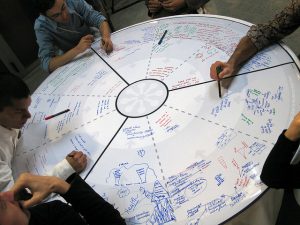 Ørecomm Team to Gather at the University of Coimbra
Ørecomm Team to Gather at the University of Coimbra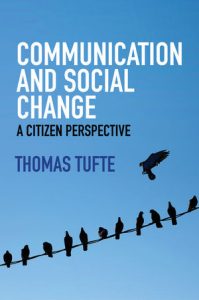 “Communication and Social Change – A Citizen Perspective” Published
“Communication and Social Change – A Citizen Perspective” Published C4D Network to Sum Up Global Communication for Development Practice
C4D Network to Sum Up Global Communication for Development Practice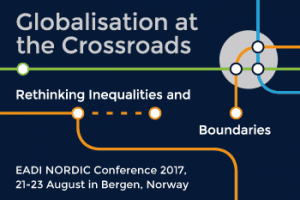 Entering Media and Communication into Development Conferences?
Entering Media and Communication into Development Conferences?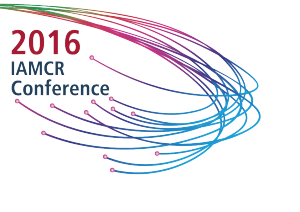 IAMCR Conference 2016: Communication for Development Highlights
IAMCR Conference 2016: Communication for Development Highlights Glocal Classroom Revisited – Storytelling & Social Change Leicester-Malmö
Glocal Classroom Revisited – Storytelling & Social Change Leicester-Malmö I EvalComDev International Conference: Call for Papers
I EvalComDev International Conference: Call for Papers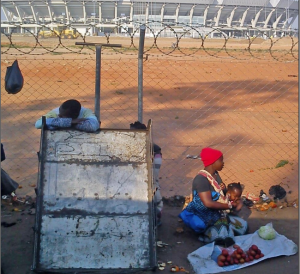 Looking for Media and Communication in Development Conferences: Devres 2016
Looking for Media and Communication in Development Conferences: Devres 2016